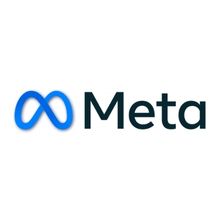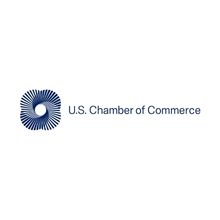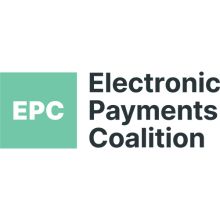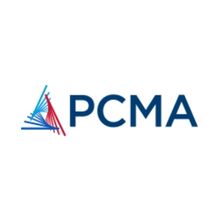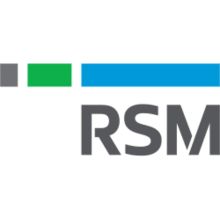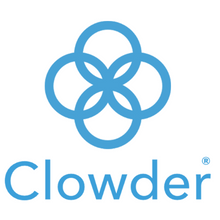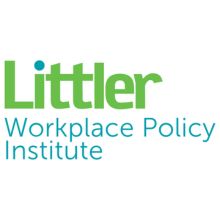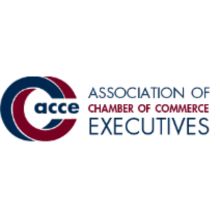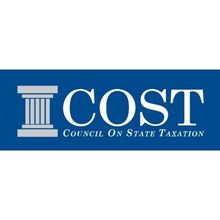Non-Competes & Arbitration Agreements
Non-Compete AgreementsNon-compete agreements, or “post-employment restrictive covenants,” are contracts between an employer and employee where the employee agrees not to work for competitors of the employer for a certain amount of time after the employee leaves the employer. Non-compete agreements prevent employees from taking a company's intellectual property to a rival firm and serve as an additional layer of protection for companies, in addition to trade secret laws. State laws regarding non-compete agreements and their enforceability vary significantly from state to state, and their applicability may also vary by industry. Some states prohibit non-compete clauses for employees, while others limit the timeframe to which they may be applied. Other states go the opposite direction—for example, nearly all non-compete agreements are unenforceable in California, though few other states' laws are that broad. In 2015, Hawaii enacted legislation banning the use of non-compete agreements in the tech industry, hoping to spur innovation and entrepreneurship. Many advocates of banning non-compete agreements argue that they stifle growth and that California's ban has contributed to Silicon Valley's success. Oregon enacted legislation in 2015 limiting non-compete agreements to 18 months and Utah passed a law in 2016 limiting non-compete agreements to a year after an employee has left their role. In 2016, Illinois Governor Rauner signed the Illinois Freedom to Work Act banning the use of non-compete agreements for workers earning less than the greater of the minimum wage or $13.50 per hour. These bills tend to take one-size fits all approach across all industries and business sizes and rarely include exemptions for businesses and industries where non-compete clauses are necessary. For example, Massachusetts lawmakers considered (but did not pass) a bill in 2016 that would have limited a non-compete to 12 months and prohibited them for non-exempt workers, employees terminated without cause, minors, and undergraduate or student interns. An employer would also have had to notify the employee of the right to consult with counsel and would have had to provide the agreement at least 10 business days before employment. Click on image to download a copy of the map. State Chambers are encouraged to use, share, and rebrand any of the materials COSC provides members. COSC staff are happy to work with you to update and edit any of our maps or other materials (email [email protected]) to meet your needs.
Research & Resources
ArbitrationSimilar to restrictions on the enforcement of non-compete agreements, there has also been a movement to limit the use of mandatory arbitration in employment contracts or “Alternative Dispute Resolution Agreements." These provisions allow employers and employees to settle disputes outside of court. Employee arbitration agreements have been targeted because of their use in resolving sexual harassment disputes. State lawmakers have introduced bills aimed directly to end mandatory arbitration for sexual harassment allegations. U.S. Supreme Court Rules on Employee ArbitrationHistorically, U.S. Supreme Court rulings have overwhelmingly favored the party seeking arbitration when such cases come before the Court. As of fall 2016, in the past 40 years, the Court only found in favor of the party seeking to resist arbitration twice. In more recent years, the Court has continued to overwhelmingly find in favor of parties seeking to enforce arbitration clauses in employment contracts. In the 2018-2019 term, the U.S. Supreme Court heard three arbitration cases, Henry Schein v. Archer & White Sales, New Prime v. Olivera, and Lamps Plus v. Varela, and found in favor of the employer seeking to enforce arbitration in two of the three. In Henry Schein v. Archer & White Sales (2019) the Court unanimously ruled in favor of an employer and held that a gateway question determining whether or not an underlying dispute was subject to arbitration could be determined by an arbitrator. Previously, the Court had determined that such questions of arbitrability can be delegated to an arbitrator under the Federal Arbitration Act (FAA), allowing parties to bypass the courts and costly litigation. The Court also held that courts cannot override the terms of a contract that call for gateway questions about arbitrability to be resolved by an arbitrator, even the arguments in favor of arbitration are wholly groundless. In Lamps Plus v. Varela (2019), the Court found in favor of the employer and held that the defendant was unable to pursue class arbitration for the employer’s failure to protect employee data because the matter of class arbitration was not discussed in the employment contract. Writing for the majority, Chief Justice John Roberts relied on a 2010 case, Stolt-Nielsen v. Animalfeeds International Corp., which held that it is unlawful to require class arbitration where an arbitration agreement is silent on the matter. Roberts emphasized that the Court was following its own precedent in not allowing class arbitration in this matter and noted that class arbitrations are at odds with the basic goals of arbitration — speed and simplicity. In New Prime Inc. v. Oliveira (2019) the Court unanimously ruled in favor of an independent contractor seeking to resist arbitration. The Court found that the contractor was exempt from the provisions of the FAA as a transportation employee and rejected the employer's contention that the FAA exemption did not apply to him because he was an independent contractor. The Court emphasized that at the time the FAA was written it would have been understood to apply to any individual that contracted to perform work in a master/servant relationship without taking into account whether the servant was an employee or an independent contractor. This third case was a rare break in employers' long winning streak before the Court on arbitration matters. Click on image to download a copy of the map. State Chambers are encouraged to use, share, and rebrand any of the materials COSC provides members. COSC staff are happy to work with you to update and edit any of our maps or other materials (email [email protected]) to meet your needs.
Research & Resources
|

